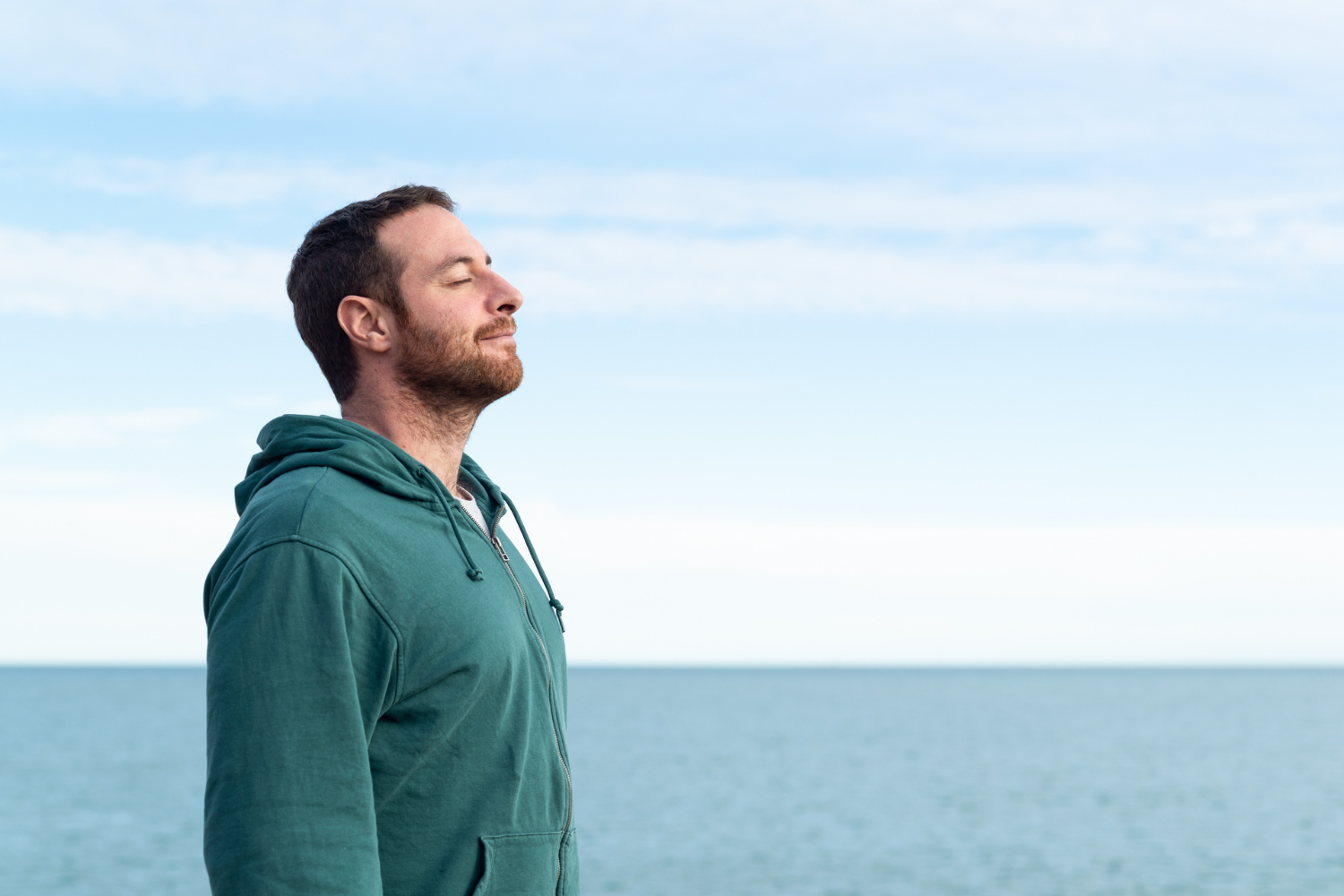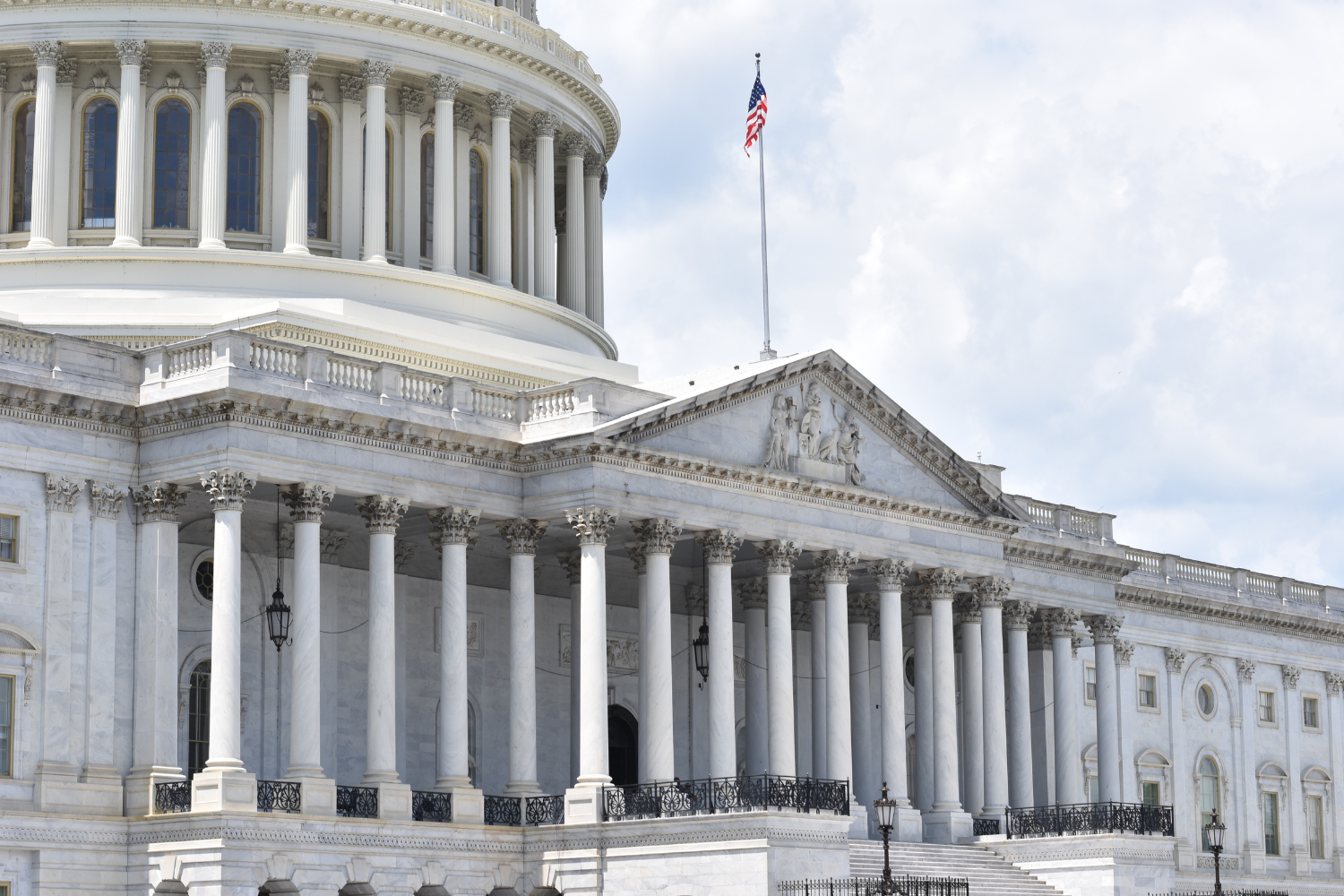Sara Kayser, OMS-III
Arizona College of Osteopathic Medicine, Midwestern University
During my second year of medical school, I worked as a teaching assistant for the Humanity in Medicine course. Each week, I guided students in discussions about health care systems and disparities. As preparation for teaching this course, I completed ten weeks of medical improv training.
In one class, we were tasked with building a scene together. One person began with a cultural reference they liked, and we were to join the scene one by one to build the plot. A classmate started acting out Mario Kart, and others quickly jumped in. I stood frozen on the sidelines—never having played Mario Kart, I had no idea how to participate. Just as I was about to accept my role as an outsider, a classmate turned to me and said, “Hey, would you like to join my kart race up the mountain?” That invitation gave me a way in. It transformed my experience and taught me the power of a simple gesture: including someone.
A few months later, I was leading a discussion with first-year medical students on the racial and ethnic constructions of health. I noticed one student staying quiet. Remembering the Mario Kart exercise, I extended a direct invitation. She vulnerably shared how, as a child, she had been scolded for selecting “American Indian” on a demographic form as an American-born Indian and not a Native American. Her story added a powerful, unique perspective to our conversation. That moment reinforced what I had learned: invitations create space for voices that might otherwise go unheard.
In another improv session, we played a game called “Tah-Dah!” One person would perform a motion, like a clap, and the next person would repeat it and add a new move. The sequence continued around the circle. When someone made a mistake, everyone would throw up their hands and yell, “Tah-Dah!” At first, we made a lot of mistakes—there were plenty of “Tah-Dahs!”—but as we found our rhythm, the errors decreased. After the game, the instructor noted how the number of “Tah-Dahs”—or failures—dwindled as our skills improved.
I loved celebrating our failures—a concept completely foreign to a stressed-out, perfectionist medical student. At the time, I had just begun preparing for Level 1 and often felt defeated when I missed a question. But I remembered those early rounds of the game, when we were all figuring things out and cheering through our missteps. That mindset shifted the way I approached learning. Now, when I make mistakes, I try to view them as milestones. So if you see someone in the library throwing their hands up in celebration, that’s just me—embracing my learning process.





